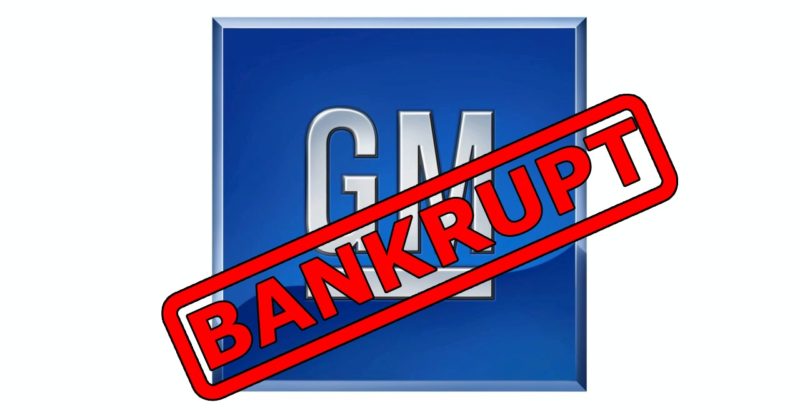Failure to innovate is the key reason to the downfall of Old General Motors. Innovation is the process whereby the management team of an organization is charged with the responsibility of introducing something new, which might be a new idea or a methodology or rather, a contrivance to facilitate the operational concerns and production. The Old General Motors failed with innovations in the company. These innovations were needed to ensure that the Old GM able remains competitive, and the company was able to manufacture cars that are in line with the client’s demands. This is related to the Old GM’ field of business to ensure that the organization do continue to produce the respective consumer centered product.… Read the rest
Business Analysis Case
Case Study: Nissan’s Successful Turnaround Under Carlos Ghosn
Nissan is a famous automobile manufacturing company which was founded in 1933. After the Second World War, Nissan expanded its operations globally. Nissan was very well known for its advanced engineering and technology, plant productivity and quality management. However, during the previous decade, Nissan management has emphasized on short-term market share growth, instead of profitability or long-term strategic success. Nissan’s designs had not reflected customer opinion. In addition, Nissan managers tended to put retained earnings into keiretsu investing (equity of suppliers), rather than reinvesting in new product designs as other competitors did. These inappropriate strategies combining with the Asian crisis influence on a devaluation of the yen led Nissan to the edge of bankruptcy.… Read the rest
Case Study: Amazon’s Competitive Advantage
Amazon.com is a multinational E commerce company, which was founded by Jeff Bezos who is considered to be one of the world’s top innovative executives. Amazon.com started as an online bookstore and expanded with time to sell almost everything. The role of information system in this company is a leading role, because the company is an online retailer. The company started as an online store for books to rapidly expand to sell everything such us beauty items, auto parts, apparel, electronics and groceries. Amazon’s logo shows an arrow that stretches from A to Z, which also forms a smile to indicate Amazon’s care for customers’ satisfaction.… Read the rest
Case Study: Delta Airlines Successful Business Turnaround Strategy
In 1924 Collet Everman Woolman and an associate started the Huff Daland Dusters crop dusting operation, this was the first agricultural airplane made for the purpose of crop dusting for getting rid of boll weevils and insects. The dusting speed was 80-85 mph and the advantage it had was low speed flying, heavy payload capacity and low maintenance cost. This creation was the roots of Delta Air Lines. In 1928 the crop dusting operation broke away from the parent company and became Delta Air Service. The company began getting contracts in delivering airmail and then in 1929 Delta began transporting passengers flying them to Dallas, Jackson and Mississippi.… Read the rest
Case Study: Intel’s Social Media Strategy
Intel is one of the most foremost American global technology companies and the world’s largest semiconductor chip producer, in term of revenue. It is the inventor of the x86 series of microprocessors where its processors nowadays can be seen in a various computing devices used. The company was founded in 1968, as Integrated Electronics Corporation with home-based in Santa Clara, California, USA. Intel also manufactures motherboard chipsets, integrated circuits, graphic chips, network interface controllers, and other communications and computing utility devices. Robert Noyce and Gordon Moore and widely cooperated with the executive leadership Andrew Grove initially founded the company. The company grew and later started integrating an advanced chip design with a leading capability support manufacturing.… Read the rest
Case Study: Dell Social Business Strategy
Dell Inc. is one of world’ largest multinational technology corporation that manufactures sells and supports personal computer and other computer related. Dell was founded as PC’s Limited in 1984 by Michael Dell, with a start-up money totaling $1,000, when he was attending the University of Texas. Michael Dell started his business with a simple concept that selling computer systems directly to customer would be the best way to understand their needs and give them the most computing solutions. The first product of the company is a self-designed computer called Turbo PC which had lower prices than major brands. PC’s Limited was not a first company to do this but was the first to succeed, grossing $73 million in its first year trading.… Read the rest
